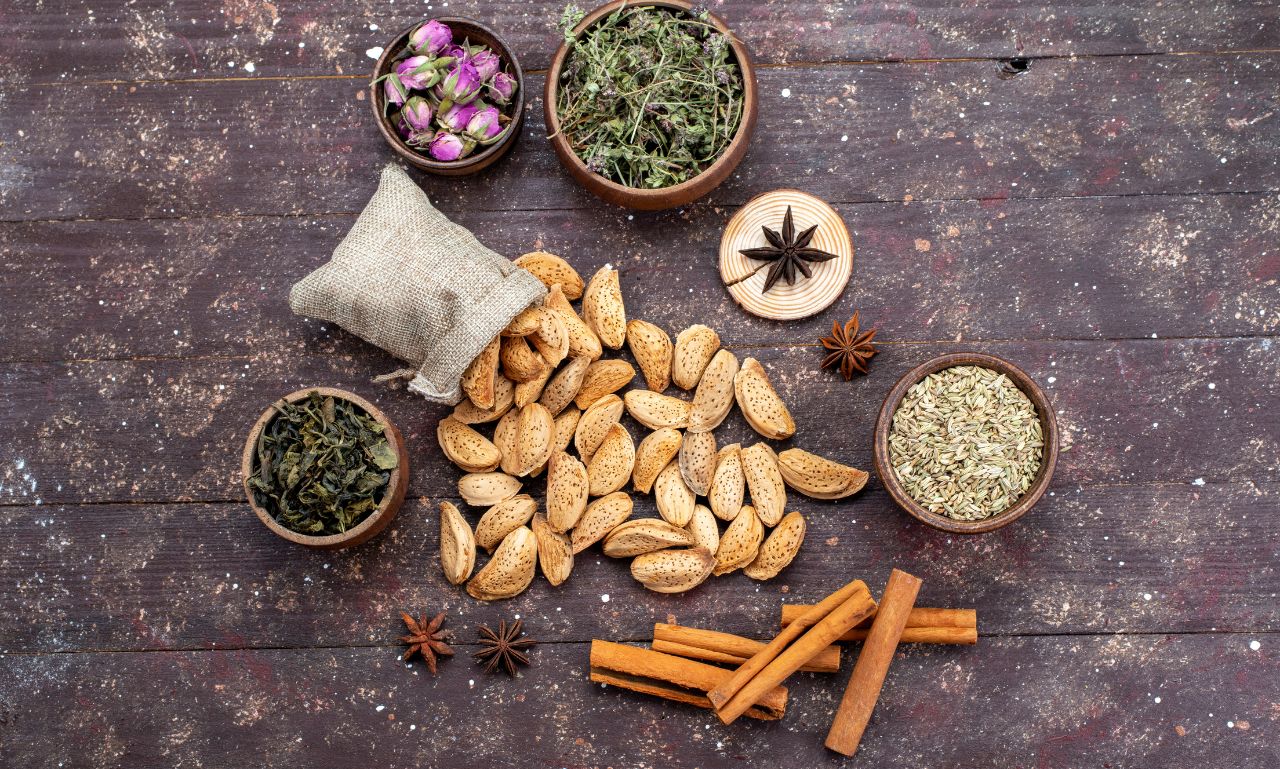Discovering Foenegriek: The Ancient Herb with Modern Benefits
Foenegriek, more commonly known as fenugreek, is a herb that has stood the test of time. For centuries, it has been valued in both traditional medicine and cooking for its numerous benefits. This humble plant, with its tiny seeds and aromatic leaves, offers a world of health and culinary advantages. In this article, we will explore what foenegriek is, its history, nutritional profile, uses, and how it can benefit your daily life.
What is Foenegriek?
Foenegriek is an herbaceous plant that belongs to the legume family. It is native to regions in the Mediterranean and Western Asia, where it has been cultivated for thousands of years. The plant produces small, yellowish-green leaves and tiny seeds that are golden brown to yellow in color.
These seeds, which are the most commonly used part of the plant, have a slightly bitter taste but are prized for their rich aroma and medicinal properties. The leaves, fresh or dried, are also used as herbs in cooking.
A Brief History of Foenegriek
Foenegriek’s use dates back to ancient civilizations. Records show that it was used in Egyptian, Greek, and Indian cultures for its healing powers and flavor. Ancient Egyptians believed the seeds helped in mummification and also used them for digestive health.
In Ayurveda, the traditional Indian system of medicine, foenegriek is considered a powerful herb to balance bodily functions and treat various ailments. Over time, foenegriek spread across continents and became a staple in kitchens and medicine cabinets alike.
Nutritional Value of Foenegriek Seeds
One reason foenegriek is so cherished is because of its rich nutrient content. The seeds are loaded with proteins, dietary fiber, vitamins, and minerals that support good health.
- Proteins: Foenegriek seeds contain a notable amount of protein, making them beneficial for vegetarians and those seeking plant-based protein sources.
- Fiber: The seeds are high in soluble fiber, which aids digestion and promotes a feeling of fullness.
- Vitamins: They provide essential vitamins such as vitamin B6 and folic acid.
- Minerals: Important minerals like iron, magnesium, and manganese are present in foenegriek seeds.
This nutritional combination makes foenegriek a supportive ingredient for overall well-being.
How Foenegriek is Used in Cooking
In many parts of the world, foenegriek seeds and leaves are staples in cooking. The seeds are often toasted or ground into powder and added to spice blends. They impart a warm, slightly sweet, and nutty flavor to dishes.
Foenegriek leaves, known as methi in some cultures, are used fresh or dried. They are commonly added to curries, soups, and bread to enhance taste and aroma.
Besides taste, foenegriek seeds are sometimes soaked in water and used as a thickening agent in recipes. The mucilaginous property of the seeds helps in binding ingredients naturally.
Traditional Medicinal Uses of Foenegriek
For centuries, foenegriek has been valued as a natural remedy. Its seeds and leaves have been used in various cultures to treat health conditions. Some traditional uses include:
- Digestive Health: Foenegriek is known to improve digestion and relieve constipation due to its high fiber content.
- Blood Sugar Regulation: The herb has been traditionally used to manage blood sugar levels.
- Lactation Support: Nursing mothers have used foenegriek to help increase milk production.
- Anti-inflammatory Properties: The herb is believed to reduce inflammation and soothe irritated tissues.
Although more scientific studies are needed to fully validate these claims, the long history of use hints at foenegriek’s potential benefits.
Modern Research on Foenegriek
In recent decades, modern science has started to explore foenegriek’s properties in more detail. Researchers have examined its effects on blood sugar control, cholesterol levels, and hormone balance.
Some studies suggest that regular intake of foenegriek supplements may help lower blood sugar in people with diabetes. Others have found it may improve cholesterol by reducing LDL (bad cholesterol) while increasing HDL (good cholesterol).
Foenegriek also contains antioxidants, which protect cells from damage caused by free radicals. This makes it a promising natural ingredient for maintaining overall health and preventing chronic diseases.
How to Incorporate Foenegriek into Your Daily Routine
If you want to enjoy the benefits of foenegriek, here are some simple ways to include it in your diet:
- Use the seeds as a spice: Toast the seeds lightly and add them to soups, stews, or spice mixes.
- Add dried leaves to dishes: Sprinkle dried foenegriek leaves in salads or cooked vegetables.
- Foenegriek tea: Soak seeds in hot water and drink as a herbal tea.
- Sprouted seeds: Soak foenegriek seeds overnight and let them sprout for a crunchy, nutritious addition to salads.
- Supplements: Foenegriek is also available as capsules or powders if you prefer a concentrated form.
Always start with small amounts, as the flavor is strong and can be overwhelming if overused.
Precautions and Side Effects
While foenegriek is generally safe for most people, it can cause side effects in some cases. Possible reactions include stomach upset, diarrhea, or allergic reactions.
Pregnant women should consult a healthcare professional before using foenegriek as it may stimulate uterine contractions.
As with any herb or supplement, it is important to use foenegriek in moderation and seek medical advice if you have any pre-existing conditions or concerns.
Conclusion: Why Foenegriek Deserves a Place in Your Life
Foenegriek is more than just an ancient herb; it is a versatile ingredient that bridges the gap between tradition and modern wellness. Its rich nutritional profile, culinary uses, and potential health benefits make it worth exploring.
Whether you want to enhance your cooking or support your health naturally, foenegriek offers a simple yet powerful option. By incorporating this timeless herb into your routine, you can connect with centuries of wisdom and enjoy the gifts of nature.






